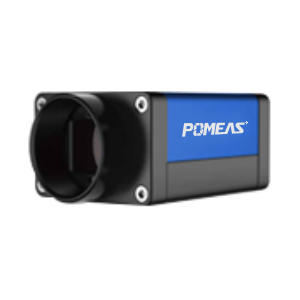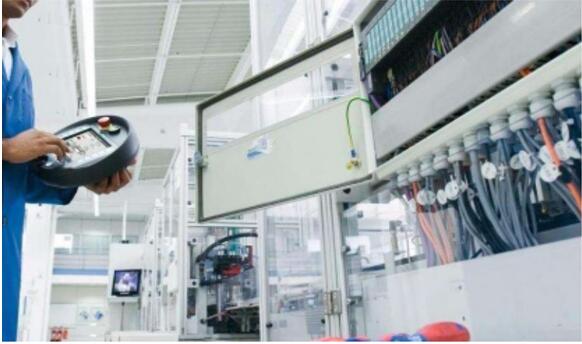Industrial cameras play a vital role in today's fast-moving industrial automation sector. They are the core component of a machine vision system, providing accurate and reliable image capture capabilities. Here are some of the key features of industrial cameras that make them indispensable in industrial applications.
1, High resolution and high definition
Industrial cameras are often equipped with high-resolution sensors capable of capturing minute details, which are essential for precision measurement and inspection. High-definition images help to improve the accuracy and reliability of detection.
2, Fast Image Capture
Industrial cameras are designed to capture images quickly and continuously, which is especially important for real-time monitoring and control on high-speed production lines. Fast image acquisition capability ensures synchronized productivity and quality control.
3, Wide dynamic range
Industrial camera sensors have a wide dynamic range, can work in different lighting conditions, from bright to dim environment can provide high quality images. This enables them to operate stably in variable industrial environments.
4, Precise exposure control
Industrial cameras allow users to precisely control the exposure time to adapt to different imaging conditions. This control is essential for capturing fast-moving objects or obtaining optimal images under specific lighting conditions.
5, flexible interface options
Industrial cameras often offer a variety of interface options, such as GigE, Camera Link or CoaXPress, to meet the needs of different systems. These interfaces support high-speed data transfer, ensuring that image data can be quickly and accurately transferred to the processing unit.
6, Powerful software support
Industrial cameras are usually equipped with powerful software tools that allow image processing, analysis and data recording. The flexibility and functionality of the software is critical to the realization of complex machine vision tasks.
7, Environmental adaptability
Industrial cameras are designed to operate in harsh industrial environments, including high humidity, high temperatures, vibration and dust. They are typically waterproof, dustproof and corrosion-resistant to ensure long-term stable operation.
8, Easy to Integrate
Industrial cameras are designed with compatibility and integration with existing systems in mind. They usually have standardized dimensions and interfaces, making them easy to integrate into existing machine vision systems.
9, Customization options
Many industrial camera manufacturers offer customization to meet the specific needs of a particular application. This customization capability allows industrial cameras to be better adapted to specific industrial applications.


Areas of application:
① Automated production line: for product inspection, sorting and quality control.
② Robotics: Provides visual feedback to robots for precise positioning and operation.
③ Precision Measurement: For high precision measurement in machining and electronics manufacturing.
④ Medical imaging: providing high quality images during surgery and diagnosis.
⑤ Scientific Research: Conducting research and analysis in materials science, biology and other fields.


These features of industrial cameras make them indispensable tools in modern industrial automation and precision manufacturing, where they not only increase productivity, but also enhance product quality and safety.
Product recommendation
TECHNICAL SOLUTION
MORE+You may also be interested in the following information
FREE CONSULTING SERVICE
Let’s help you to find the right solution for your project!


 ASK POMEAS
ASK POMEAS  PRICE INQUIRY
PRICE INQUIRY  REQUEST DEMO/TEST
REQUEST DEMO/TEST  FREE TRIAL UNIT
FREE TRIAL UNIT  ACCURATE SELECTION
ACCURATE SELECTION  ADDRESS
ADDRESS Tel:+ 86-0769-2266 0867
Tel:+ 86-0769-2266 0867 Fax:+ 86-0769-2266 0867
Fax:+ 86-0769-2266 0867 E-mail:marketing@pomeas.com
E-mail:marketing@pomeas.com
